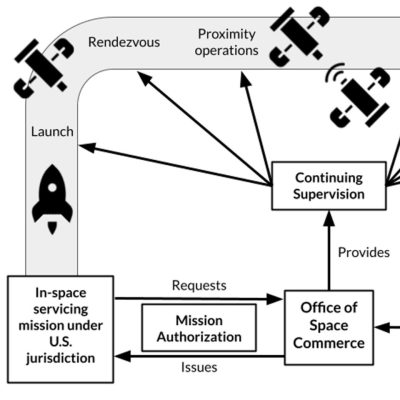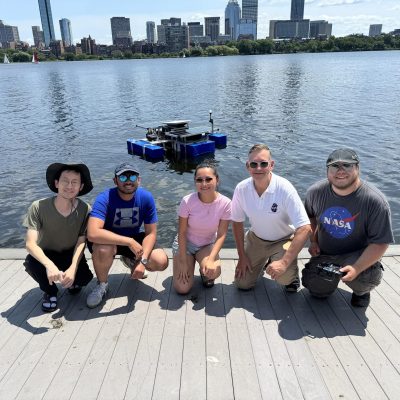Systems Design & Engineering
Systems Design & Engineering examines the underlying principles and methods for designing complex socio-technical systems that involve a mix of architecture, technologies, organizations, policy issues, and complex networked operations. This includes the design and operation of critical infrastructures such as industrial manufacturing, transportation, earth observation, defense, water, energy, and food supply systems as well as the challenges of sustained human and robotic exploration and settlement of outer space. In collaboration with key stakeholders from government, industry, and nonprofit organizations, we seek to understand how to integrate novel technologies into effective, useful, safe, and secure systems and how to operate these systems to ensure that the goals and constraints are maintained during the course of their lifetime.
The growth of entrepreneurial aerospace has been a key driver of innovation and has brought with it exciting new opportunities in directions with interesting Earth-oriented applications, like small satellite constellations and swarms expanding internet access, as well as space-oriented applications such as interferometry). Exploring the dimensions of these topics presents a range of possibilities, such as exploring new architectural concepts in space (for example, reconfigurability, federation, and disaggregation) as well as in-space servicing, assembly, and manufacturing. Complex systems are critical to modern society, and especially as they become increasingly ubiquitous through the democratization of space, it is important to place a particular focus on designing system safety and cybersecurity into systems from the beginning of their design and operation.
Key Focus Areas
- System architecture
- Safety
- Optimization
- Access to space
- Lifecycle costing
- In-space manufacturing
- Logistics








